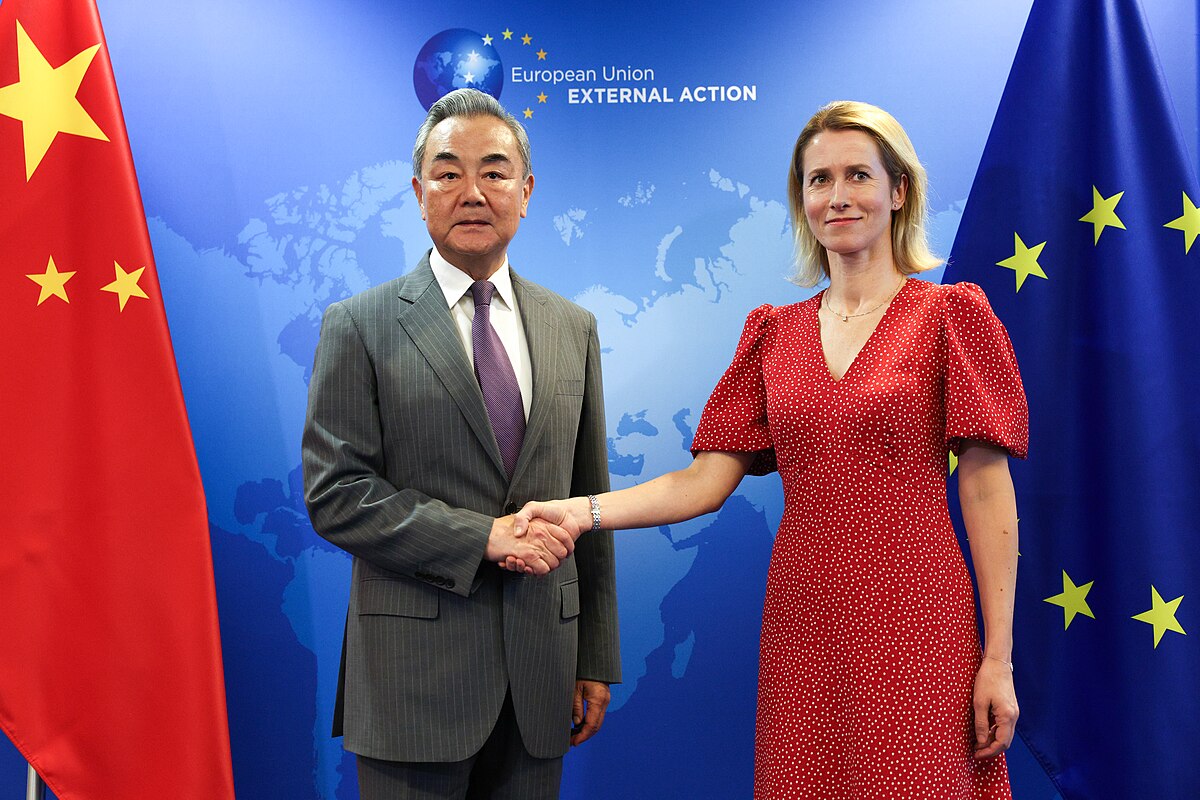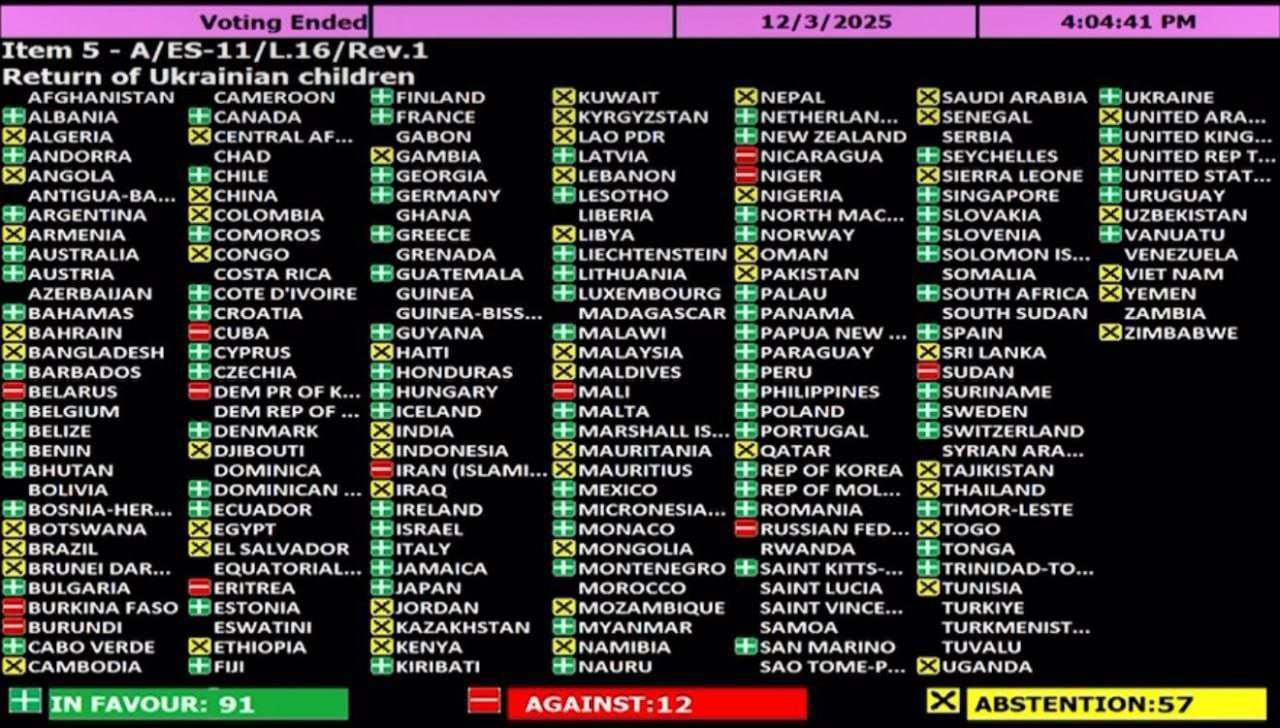Controversy arose in Brazil when influencers apologized for endorsing a Russian program tied to the assembly of drones used against Ukraine.

united24media.com
Goes to show how full of shyt these people are
Global South BRICS

She’s going in

You Should Surrender and Be Happy

www.zinebriboua.com
The Multipolarity Farce
Summarize
You Should Surrender and Be Happy
Zineb Riboua
File:Spirit Of Detroit.jpg - Wikimedia Commons
“Here is your country. Cherish these natural wonders, cherish the natural resources, cherish the history and romance as a sacred heritage, for your children and your children’s children. Do not let selfish men or greedy interests skin your country of its beauty, its riches or its romance.”
― Theodore Roosevelt
You’ve heard it all before, haven’t you? Multipolarity, the sins of American hegemony, the evils of U.S. imperialism. This rhetoric saturates discussions of international affairs, presented as a clear-eyed analysis of a changing world but serving instead as a subtle distortion of it. Language shapes perception, and the word multipolarity has become a political instrument crafted to comfort nations resentful of American power, to normalize decline, and to cast the U.S.’s strength in a suspect light.
There is a well-known tactic in power politics, one recognized since Clausewitz: to weaken an enemy, one must first weaken the perception of its power. To describe the system as multipolar serves precisely that purpose. China’s rise relies on trade networks sustained by American power. Russia gains influence through disruption, not creation. Iran extends its reach through proxy wars and instability, not governance or growth. These are not foundations of a “new and just” balance of power but direct efforts to erode U.S. power and reshape the existing order.
In this sense, the farce of multipolarity lies in how it reshapes strategic thinking. As illogical as it seems, it encourages the United States to internalize limits that others impose, to see excessive caution as prudence and self-doubt as realism. By framing leadership as overreach, it trains American policymakers to retreat in the name of balance. This mindset does not describe “change,” it produces it by turning restraint into habit and allowing rivals to advance as the United States withdraws.
This intellectual shift is not limited to strategy but extends to language itself, where the United States begins to speak in the very terms designed to constrain it. The adoption of the language of its adversaries, such as multipolarity, the Global South, and the rhetoric of balance, deepens this error. Moscow and Beijing cultivated these terms to erode the United States’ strategic authority and recast their ambitions as legitimate alternatives. As Michel Foucault observed, language is never neutral, it is fundamentally a vehicle of power that shapes what can be thought and legitimized. When Washington echoes the discourse of its rivals, it internalizes their worldview and steps onto a rhetorical battlefield already defined by them.
This is why multipolarity operates as a form of strategic manipulation. First, it forces a false equivalence, pressuring the United States to treat objectively weaker nations as equals. Second, it distorts responsibility by allowing revisionist powers to demand equal status without accepting the costs of maintaining order. Third, it erodes strategic clarity by blurring the distinction between leadership and domination, making American power appear excessive while masking the ambitions of its adversaries.
The growing appeal of multipolarity among American intellectuals resembles what Raymond Aron once called the opium of intellectuals. It offers moral comfort and a sense of sophistication while detaching ideas from reality. It attracts those who confuse balance with fairness and diversity of power with moral progress. Accommodating multipolarity gains traction because it flatters a belief in humility and “post-imperial” restraint, suggesting that the diffusion of power is both natural and just. In reality, it is neither. History shows that multipolar systems are unstable and violent. They generate overlapping rivalries, shifting alliances, and constant insecurity. The periods most often described as multipolar, such as Europe before 1914, were defined by endless miscalculations and eventually by war.
So, contrary to common belief, the promotion of multipolarity reflects subversion rather than realism. It serves the interests of powers that want to weaken the United States by convincing it to limit itself.



united24media.com





 euromaidanpress.com
euromaidanpress.com



